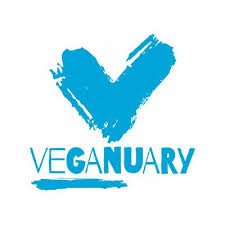What are some of the reasons people are doing it?
Research says people are motivated to adopt a vegan diet—or at least try it out—for primarily three reasons.
“Going vegan is important for many different reasons, but according to our research, the top three reasons participants take the Veganuary pledge are for personal health, animal welfare, and the environment,” says Veganuary CEO Simon Winch. “Eating vegan is a great way to improve energy and vitality, halve your dietary greenhouse gas emissions, and address animal agriculture—which is one of the biggest contributors to climate change.”
Winch says that Veganuary is expecting over 300,000 people from around the world to participate in this year’s challenge. Other survey results showed that 62 percent of respondents said they intended to continue following a vegan lifestyle after January. Another 82 percent said going vegan was not as difficult as they anticipated.
What exactly does going vegan entail?
In case you need a refresher, there is a difference between vegan and vegetarian. According to the Vegan Society, “Veganism is a way of living which seeks to exclude, as far as is possible and practicable, all forms of exploitation of, and cruelty to, animals for food, clothing, or any other purpose.” A vegetarian, on the other hand, avoids eating animals, but may still opt for their by-products such as eggs, milk, and cheese.
What are the health benefits of going vegan?
Sharon Palmer, RDN and founder of the food blog, The Plant-Powered Dietitian advises that there is research on how switching to a vegan diet is linked to a decreased risk of chronic conditions such as Type 2 diabetes, cancer, and hypertension, to name a few. Palmer says this is because, “a vegan diet is rich in all of the ‘good’ stuff like vitamins, minerals, fibres, healthy fats, and antioxidants, and low in all of the things we must watch out for, such as saturated fat, cholesterol and toxins related to the processing of meat.
